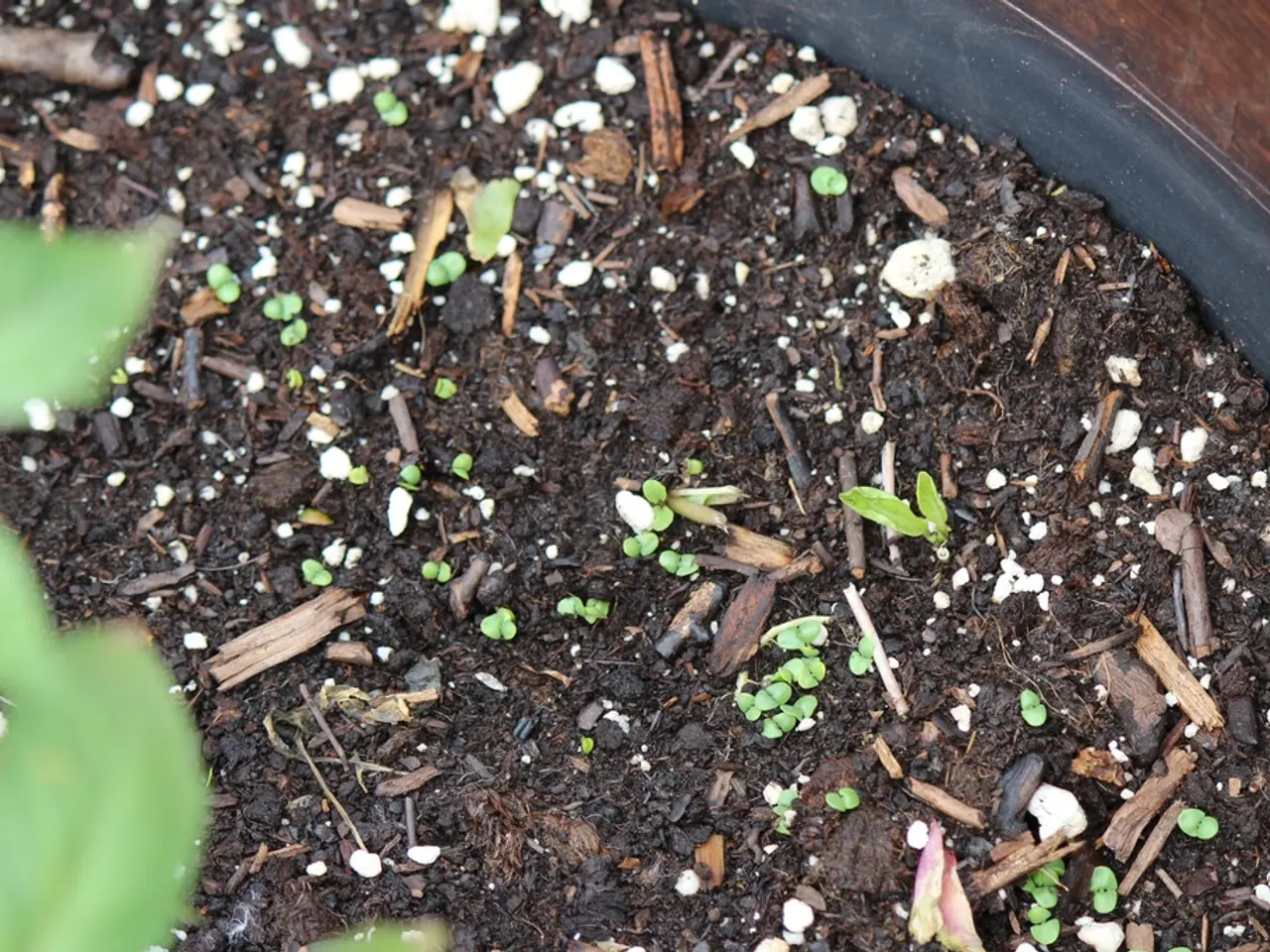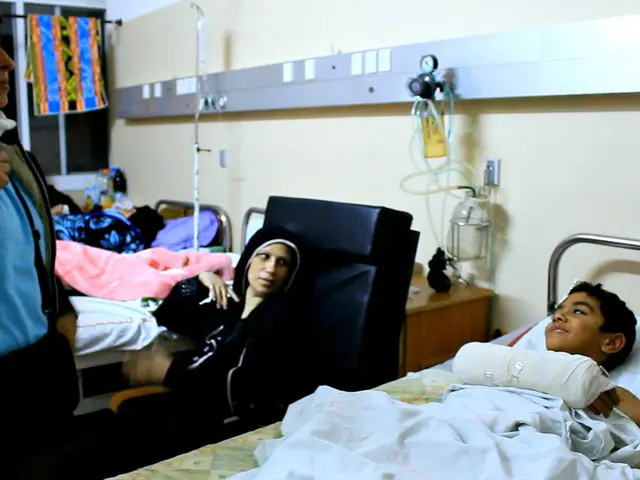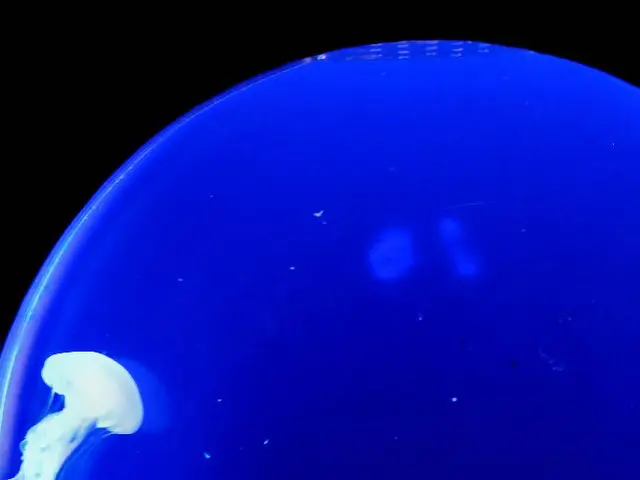World Announces Global Observatory for Soil Biodiversity Protection, Focusing on Underground Life Preservation
The Food and Agriculture Organization (FAO) of the United Nations has launched a new initiative, the Global Soil Biodiversity Observatory (GLOSOB), during COP15 in 2025. This initiative aims to become a global reference for scientific collaboration and policy design in the monitoring, measurement, and protection of soil biodiversity.
According to Jacob Parnell, lead author of a commentary in Nature Ecology and Evolution, there is a pressing need for top-down coordination through GLOSOB. The initiative addresses major gaps identified in the field, including the lack of standardized monitoring protocols and actionable strategies to integrate soil biodiversity into national policies and monitoring frameworks.
GLOSOB's primary objectives are to develop improved, standardized indicators for soil biodiversity—tracking essential biodiversity variables (EBVs) both taxonomically and functionally—and to serve as a global reference hub for scientific collaboration and policy design related to soil biodiversity monitoring, measurement, and protection.
Soil biodiversity is essential for agricultural soil fertility and contains vital genetic reservoirs in organisms living underground, even in hyper-arid, acidic, or waterlogged farmlands. However, many of these soil biodiversity hotspots remain outside protected or conservation-designated areas, making their conservation challenging.
GLOSOB's work is intended to improve the systematic assessment and monitoring of soil biodiversity to better safeguard these critical ecosystems from threats like climate extremes, land degradation, deforestation, invasive species, and pollution. The initiative proposes a tiered system, starting from basic chemical and decomposition measurements and gradually moving towards advanced approaches like shotgun metagenomic sequencing.
Current data is relatively strong for microbial soil carbon and soil macrofauna like earthworms and nematodes. However, there is limited understanding beyond these, especially concerning enzymatic activity, nutrient cycling, and microbial genetic diversity. GLOSOB will serve as a coordinating body to expand global coverage, address research gaps, and strengthen national capacities for soil monitoring.
Another key priority is integrating biodiversity data into national soil surveys and information systems to enable accurate policy development and sustainable management practices. Realizing these goals will require investments in laboratory facilities, training programmes, and standardized monitoring systems.
GLOSOB's launch is part of the Convention on Biological Diversity's 2020-2030 action plan and is intended to support the implementation of the Kunming-Montreal Global Biodiversity Framework. By expanding global coverage, filling critical research gaps, and strengthening national monitoring capacities, GLOSOB supports the implementation of the Kunming-Montreal Global Biodiversity Framework and the 2020-2030 Action Plan of the Convention on Biological Diversity.
Experts warn that deforestation, along with extreme climate events, land degradation, invasive species, and pollution, are endangering below-ground ecosystems. GLOSOB aims to confront these risks by defining improved indicators that track essential biodiversity variables (EBVs) across both taxonomic and functional dimensions.
In conclusion, the Global Soil Biodiversity Observatory (GLOSOB) is a crucial initiative that aims to protect and monitor soil ecosystems, which are vital for agricultural soil fertility and contain important genetic reservoirs. By addressing gaps in monitoring protocols and integrating soil biodiversity into national policies and monitoring frameworks, GLOSOB will contribute significantly to the conservation and sustainable management of these critical ecosystems.
The Global Soil Biodiversity Observatory (GLOSOB) is poised to make a significant impact in the field of health-and-wellness, as the protection of soil biodiversity is crucial for maintaining agricultural soil fertility and preserving vital genetic reservoirs in organisms living underground. Moreover, GLOSOB's work in developing improved, standardized indicators for soil biodiversity can contribute to the advancement of environmental-science by monitoring and safeguarding essential biodiversity variables (EBVs), particularly concerning enzymatic activity, nutrient cycling, and microbial genetic diversity.




